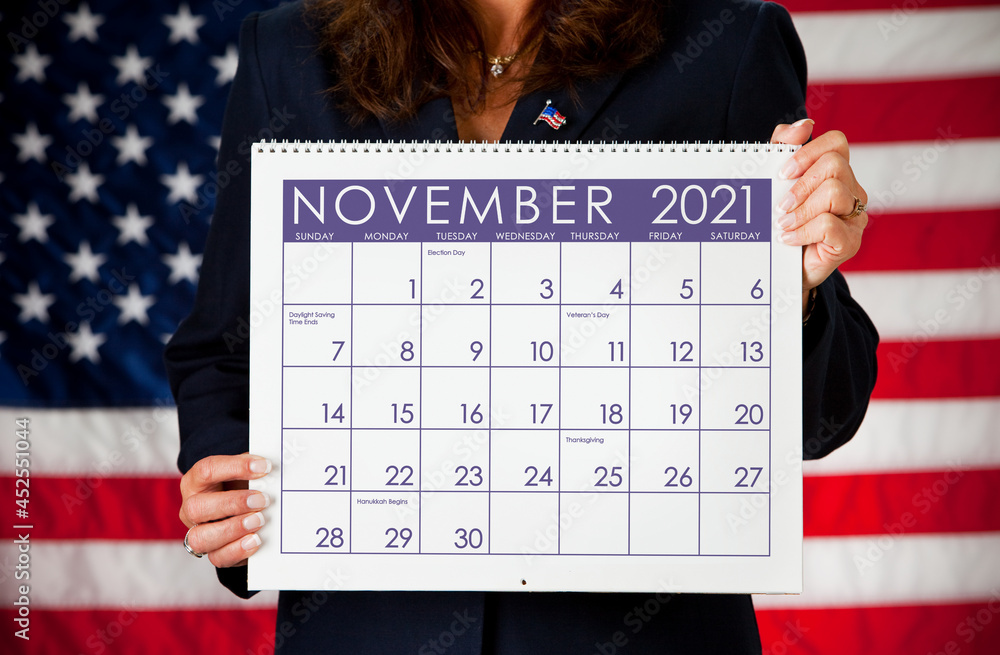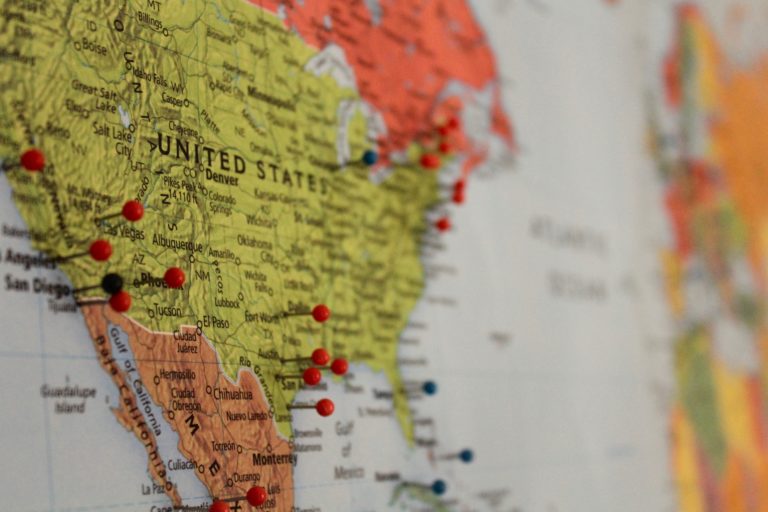At the Barbara Lee Family Foundation, our team is closely following the historically diverse…
Tomorrow, Boston Will Finally Elect Our First Woman Mayor

If you’ve been following politics in New England over the last year, you know that Boston is on the precipice of major progress: tomorrow we will elect a mayor who is not a white man for the very first time. This is the culmination of a year of meaningful milestones for the city, starting with then-City Council President Kim Janey taking office as Acting Mayor when Marty Walsh joined the Biden Administration, and including the historically diverse field of candidates—five people of color, four of them women—who campaigned through the summer to win the next full term.
As I wrote in February, Boston’s “record of exclusively white male mayors” has hung over us “like a relic of ancient history,” lingering as a mismatch with our majority-minority population and our national reputation as a progressive bastion. I’m proud that tomorrow the capital city of my home state will course-correct, grateful for the years of work by many women candidates and activists to get us to this point, and reflective about what tomorrow will mean for the future.
Throughout their campaigns, we have seen Annissa Essaibi George and Michelle Wu emphasize their singular lived experiences as mothers, caretakers, and as women. We have seen them bring their authentic selves to the campaign trail, with humor, candid conversations about their identity, even using unconventional colors that they love in their branding. And we have watched them draw on their experiences as Boston City Councilors to show voters what they can accomplish. Our research at the Barbara Lee Family Foundation shows that all of these actions and messages will resonate with voters, and I believe they have forever broken the mold for women political leaders. No matter which candidates wins, they have both rewritten the playbook for women candidates to connect with communities.
While we will be celebrating tomorrow’s definitive rebuke of the “original old boys club,” as my boss Barbara Lee calls the Boston political scene, we also know that our next Mayor will still face different and higher standards as a woman of color leading the city after she takes office. Our most recent BLFF research shows that voters are not likely to assume she is doing a good job—she will have to prove it over and over again. And the progress of this race and election does not mean that racism and sexism in Boston politics have been vanquished.
The fact that we have an inspiring slate of women of color, many of them trailblazers, in the running for Boston City Council gives me hope, since we have seen the importance of the City Council both in facilitating inclusive leadership and as a pipeline for the mayor’s office and beyond. And we cannot underestimate the value of breaking the “imagination barrier” that exists for voters when it comes to picturing women in offices that have historically been held by white men. These two factors are encouraging signs that the woman of color we elect into the corner office tomorrow will not be the last to take the seat.






